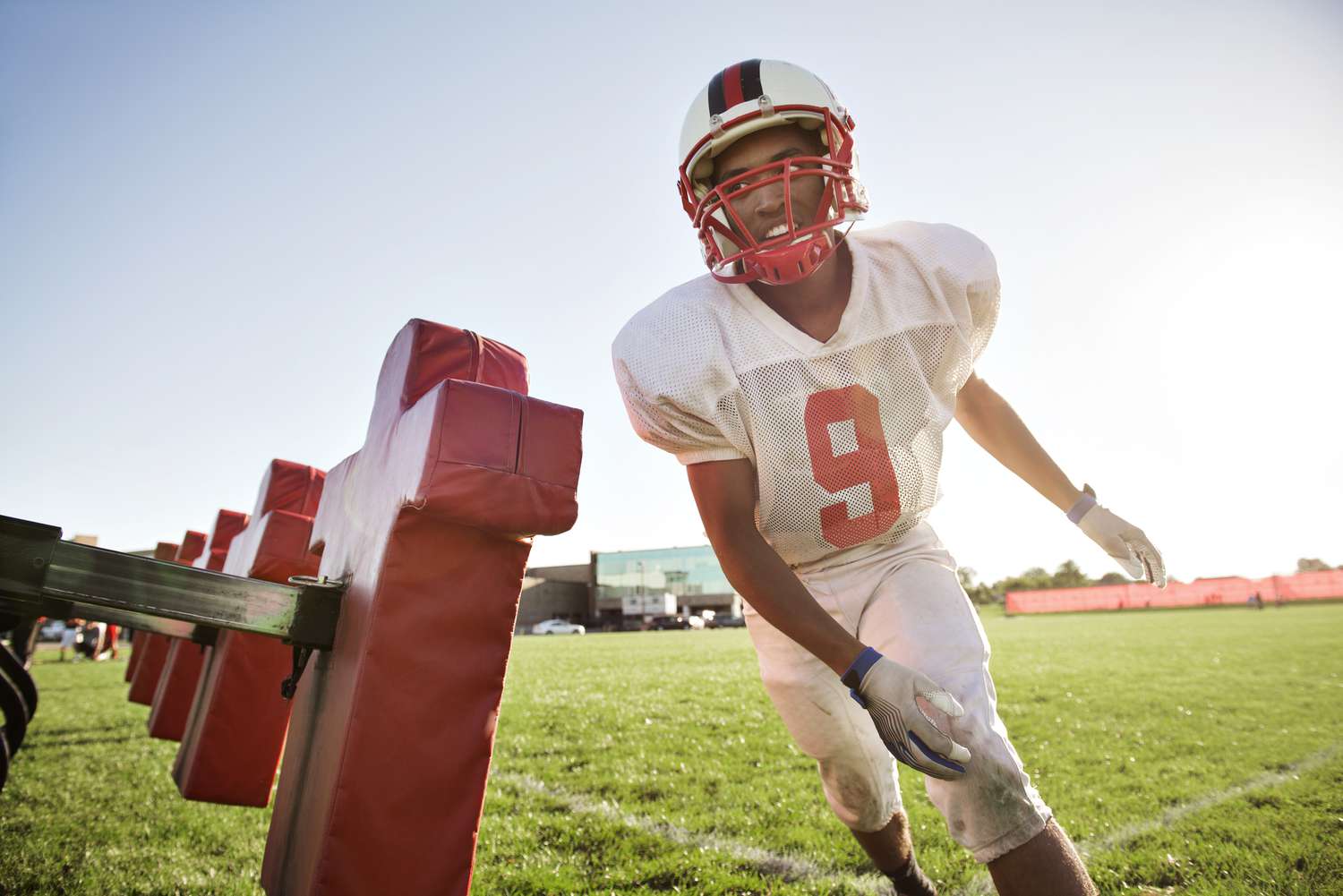
Play is an essential aspect of childhood that promotes physical, cognitive, and emotional development. Among the many activities that children can engage in, football stands out as a fun and dynamic sport that fosters teamwork, coordination, and discipline. Introducing kids to football at a young age can have numerous benefits, not only in terms of physical fitness but also in building social skills and instilling a sense of camaraderie.
In this article, we will explore the joys and advantages of playtime with purpose, as well as provide tips for parents and caregivers on how to introduce kids to football in a safe and enjoyable manner.
The Power of Play: Learning Through Fun
Playtime is more than just fun; it is a critical component of a child’s development. As kids engage in play, they learn to navigate the world, develop problem-solving skills, and gain a sense of independence and self-confidence. Play helps children to express themselves creatively, build social connections, and develop empathy. When play is purposeful, meaning that it has specific objectives, it can be even more impactful in shaping a child’s growth.
Introducing Kids to Football: The Basics
Football, also known as soccer in some regions, is a popular sport loved by millions around the world. It involves two teams competing to score goals by getting a ball into the opposing team’s net. Introducing kids to football can be an exciting journey, but it is essential to start with the basics. Begin by explaining the rules and objectives of the game in simple terms that kids can understand. Show them how the game is played, how to pass, dribble, and shoot the ball. Encourage them to practice these skills in a playful and non-competitive environment.
Choosing the Right Equipment
Safety is paramount when introducing kids to any sport, including football. When choosing football equipment for kids, opt for age-appropriate gear that fits well. This includes comfortable clothing, soccer cleats, shin guards, and a properly-sized football. Ensure that kids wear helmets when playing contact football to protect against head injuries. For added protection, ask about a custom-fitted football mouth guard for your child.
Building Fundamental Skills
For kids, learning football techniques should be about exploration and enjoyment. Simple drills and activities can help them develop their fundamental skills. Start with basic passing and catching exercises, encouraging kids to work on their coordination and aim. As they gain confidence, introduce dribbling and shooting drills. Remember that each child develops at their own pace, so be patient and supportive throughout the learning process.
Creating a Safe Environment
Safety is crucial during playtime, especially when kids are engaged in physical activities like football. Set up a safe play area with plenty of space to avoid collisions and accidents. If playing indoors, ensure that the space is free from hazards and that there are no sharp objects nearby. Establish rules for safe play and encourage kids to follow them, such as avoiding rough play and always respecting one another.
Encouraging Teamwork and Sportsmanship
Football is a team sport, and it provides an excellent opportunity to teach kids about the value of teamwork and sportsmanship. Encourage kids to work together, communicate effectively, and support their teammates. Teach them to respect their opponents and play with a positive attitude, regardless of the outcome. Celebrate acts of good sportsmanship and demonstrate through your actions the importance of fair play.
Addressing Challenges and Fears
Some kids may feel hesitant or unsure about trying something new like football. As parents or caregivers, it is essential to acknowledge and address their concerns. Offer reassurance and support, and avoid putting pressure on them to participate. Instead, create a safe and non-judgmental environment where kids feel comfortable expressing their feelings. With patience and encouragement, kids will gradually overcome their fears and become more open to trying new experiences.
Celebrating Progress and Achievements
Acknowledge and celebrate kids’ efforts and achievements during their football journey. Offer positive reinforcement for their hard work and improvement, regardless of the outcome. Focus on their dedication, resilience, and willingness to learn. By celebrating progress, you foster a growth mindset that encourages kids to keep striving and exploring new opportunities.
Balancing Play and Learning
While play is an essential part of learning, it is also essential to strike a balance with other activities. Encourage kids to explore different interests and engage in various types of play. For instance, apart from football, they can try other sports, engage in creative play, or spend time with friends. Balancing play and learning helps children develop well-rounded skills and discover their unique talents and passions.
In conclusion, playtime with purpose can be a powerful tool for children’s growth and development. Introducing kids to football offers a host of benefits, from improving physical fitness to promoting teamwork and sportsmanship. By creating a safe and enjoyable environment, parents and caregivers can set the stage for kids to discover the joy and excitement of football while learning valuable life skills that will stay with them for a lifetime.

 Embracing the Cowboy Lifestyle: A Guide to the Old West
Embracing the Cowboy Lifestyle: A Guide to the Old West